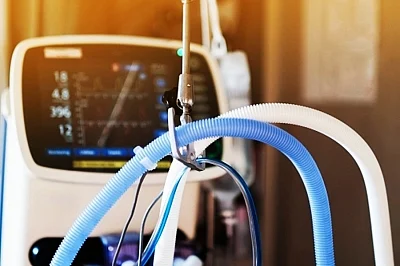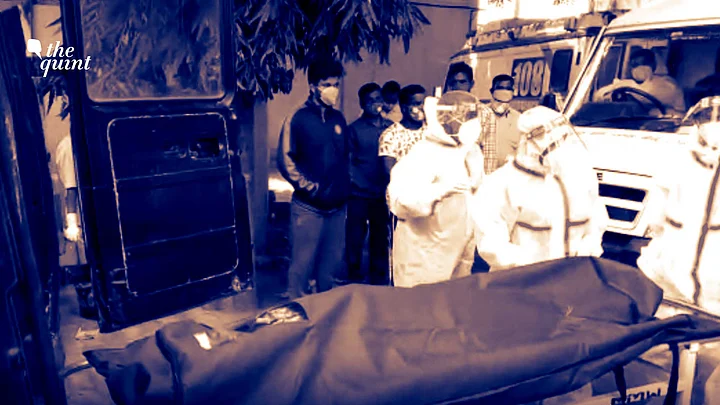The state-level monitoring committee of Karnataka State Legal Services Authority has said that lack of oxygen had led to the death of 24 COVID-19 patients at Chamarajnagar district hospital in the intervening night of 2 May and 3 May.
The report said that the shortage had occurred due to the failure of district administration in general and the hospital authorities in particular including the Dean of Chamarajanagar Institute of Medical Sciences (CIMS).
“The Dean of Chamarajanagar Institute of Medical Sciences, a microbiologist, did not exhibit leadership quality and failed to efficiently marshal available resources to save lives,” the report read.
The committee, constituting retired judges AN Venugopal Gowda, KN Keshavannarayana and retired Director General of Police ST Ramesh submitted its report to Karnataka High Court after analysing official records that were seized by the chief secretary on the direction of the court.
“The deputy commissioner of Chamarajanagar, as chairman of the District Disaster Management Committee, miserably failed to guide and supervise the crisis situation arising out of extreme demand for oxygen,” the report stated. The report also added, “District Commissioner, Mysuru, did not get in the way of refilling agencies in Mysuru from refilling oxygen cylinders of any other districts, including Chamarajanagar.”
Key Findings of The Report
The report said that prior to 29 April, the hospital was using 250 jumbo cylinders along with 100 cylinders, that it had obtained from taluk hospitals. And although it had installed a six kilo litre Liquid Medical Oxygen (LMO) tank, months ago, the hospital commissioned it only on 29 April, when it was overwhelmed with patients. As a result, the efficacy of LMO could not be tested earlier.
Even after commissioning, judicious use of oxygen was not ensured, the report stated.
The report also noted that refilling of jumbo cylinders took a nose dive after commissioning of the tank. “The mismanagement in this regard is quite evident. Slackness appeared to have set in probably on the account of LMO tank being installed.”
Hospital Administration Was Not Vigilant
“Had the hospital administration been vigilant, it could have had enough of oxygen by timely refilling cylinders,” the report read.
“With the bottling plant at a distance of about 70 km, not having sufficient filled oxygen cylinders at Chamarajanagar is an act of callousness and led to the loss of dozens of precious lives.”KSLSA report
The report stated that LMO was filled for a second time on 1 May, keeping in mind the oxygen requirement of the patients. However, it said, the Oxygen in the LMO tank should have catered for a period of 40 hours.
“But it is reported to have been exhausted in less than 30 hours, which shows mismanagement of the life-saving gas even during critical time.”
The justice Gowda committee also found that the 40 jumbo cylinders that the Mysuru district hospital dispatched at the midnight on 2 May did not reach the hospital on time. “Had it not stopped anywhere, the truck should have reached Charmarajanagar by 2 am. However, the truck waited for hours at a refilling agency to load another 30 cylinders and reached Chamarajanagar hospital only at 6 am on 3 May, the report said.
The report also said a detailed probe is essential to unearth omissions and commissions of individuals
Recommendations of the Committee
In order to prevent the occurrence of such an event in the future, the committee has also suggested some recommendations to the government.
The panel has recommended payment of suitable compensation to the families of the 24 victims. An officer higher than the rank of district collector should be appointed to coordinate the allotment and distribution of oxygen to various hospitals.
Hospitals should have a buffer stock for 24 hours. Post mortem should be made mandatory in cases of deaths allegedly due to oxygen shortage, the report recommended.
Massive training programs in the management of medical oxygen should be organised by the government at all the hospitals immediately, the report noted.
Record of receipts, consumption and measure of leftover oxygen should be maintained uniformly in all hospitals with a digital real-time display of balance oxygen. All oxygen cylinder transporting vehicles should be fitted with GPS, the report read.
(At The Quint, we question everything. Play an active role in shaping our journalism by becoming a member today.)

